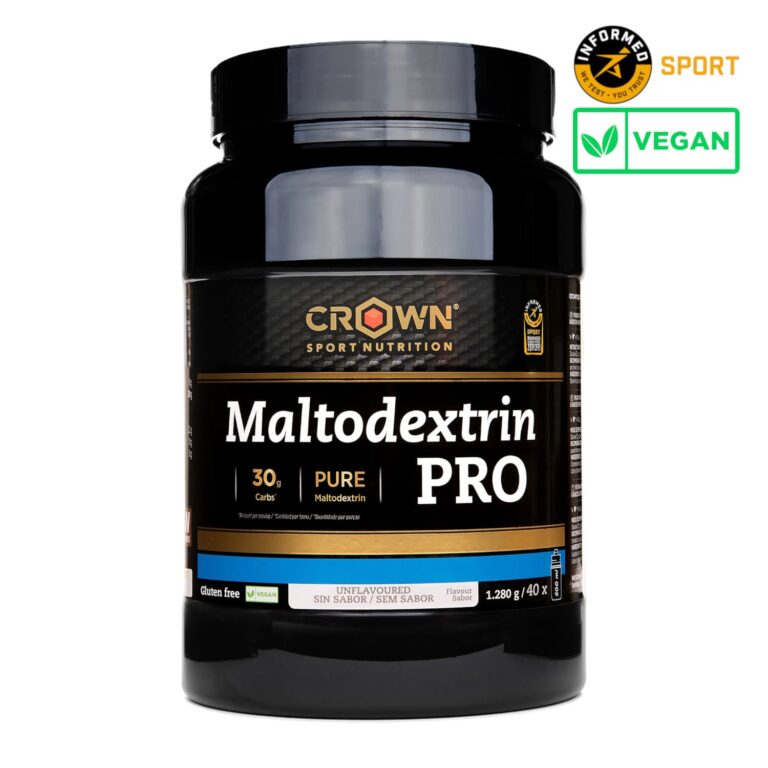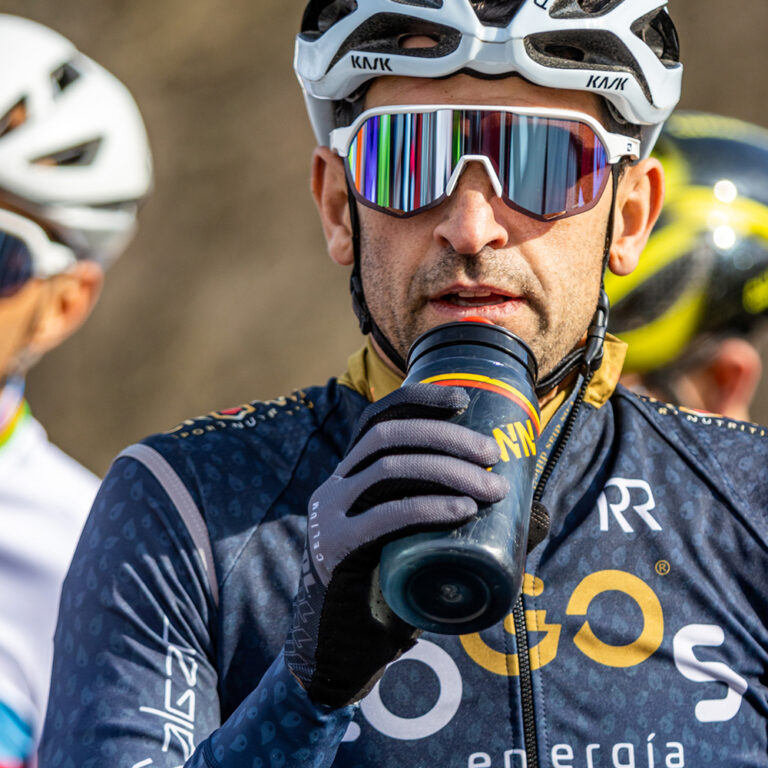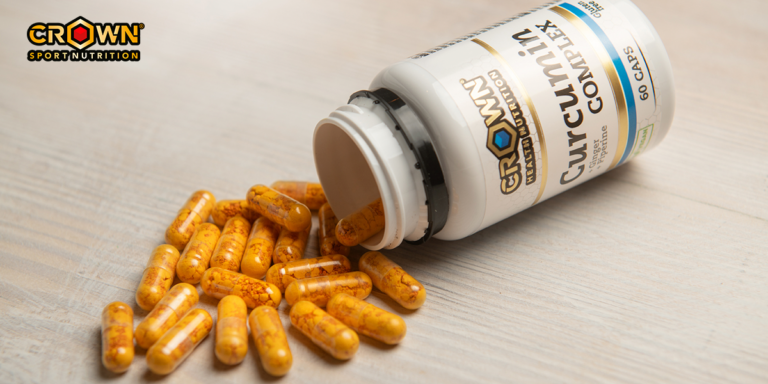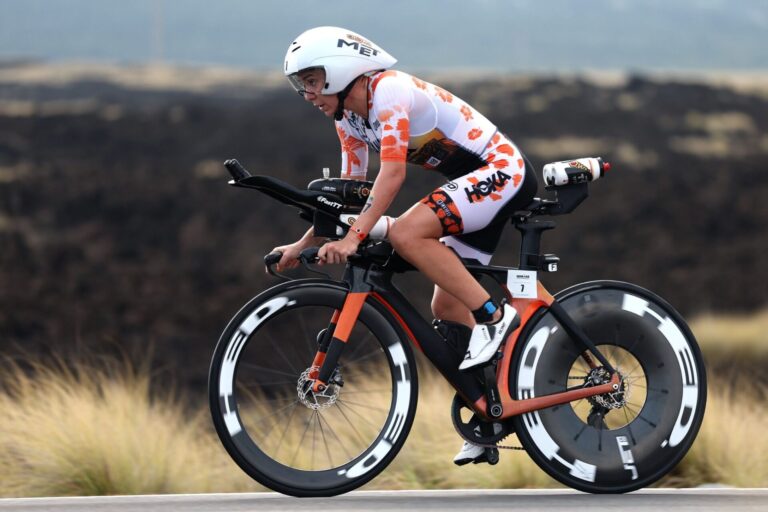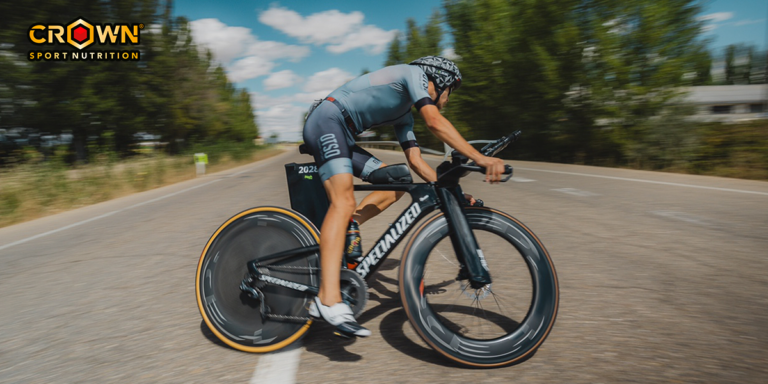TODO SOBRE LA CREATINA. LA GUÍA DEFINITIVA.
PARTE II
*Es recomendable que leas los anteriores post sobre la creatina, especialmente el resto de preguntas más comunes sobre el uso de creatina en el deporte.
- ¿HACE FALTA REALIZAR PAUSAS O DEJAR DE CONSUMIRLA CADA CIERTO TIEMPO?
No, la evidencia concluye firmemente que al dejar de consumir la suplementación de creatina monohidrato, esta volverá poco a poco a sus niveles basales pre-suplementación y la síntesis endógena no quedará disminuida. Por lo que si se realiza un “wash out” o periodo de lavado tiene que ser por otros motivos (económicos) no por el motivo de que se vaya a perder efectividad u otros efectos secundarios a largo plazo (que no existen).
- ¿QUÉ FUENTES DIETETICAS CONTIENEN CREATINA?
Fig 1. Cantidad de creatina en alimentos comunes
Fig 2. Representación gráfica de 25 g de Creatina monohidrato en forma de filete (por lo que se ve la dificultad de alcanzar dosis ergogénicas en forma de alimentación) capsulas y polvo.
- ¿QUÉ PASA CON LOS VEGETARIANOS?
Como es obvio y hemos visto en la pregunta anterior, los alimentos más ricos en creatina se tratan de origen animal, por lo que es normal que los vegetarianos se beneficien aún más de la suplementación de esta sustancia (debido a que sus niveles basales serán algo menores).
- ¿QUÉ OTRAS FUNCIONES SON MENOS CONOCIDAS DE LA CREATINA?
Además de las propias funciones como resíntesis de ATP que pueden hacer que mejore el rendimiento de alta intensidad y corta duración, es conocida tanto a nivel del rendimiento deportivo como clínico en numerosas circunstancias:
- Aumento de masa muscular / pérdida de grasa
- Termorregulación e hidratación celular
- Reposición de glucógeno muscular
- Buffer o tampón
- Antioxidante
- Antidepresivo y neuroprotección
- Ayuda en la recuperación de lesiones / antiinflamatorio
- Disminuye daño muscular
- Mantenimiento de la fuerza y masa muscular durante inmovilización o lesiones
- ¿EN QUÉ DEPORTES O DISCIPLINAS DEPORTIVAS SERÍA ÚTIL ESTE SUPLEMENTO?
- Deportes de fuerza (powerlifting, halterofilia, crossfit, culturismo)
- Deportes de resistencia (ciclismo, triatlón, maratón…)
- Sprint, nadar…
- Deportes colectivos (fútbol, baloncesto, rugby…)
- Deportes de raqueta
- Deportes de contacto
- Deportes de media duración
25% DESCUENTO Y ENVÍO GRATIS EN TODOS LOS PRODUCTOS CON EL CÓDIGO:
entrenoXcasa
Producto relacionado:
Creatine Monohydrate.
Es la mejor creatina monohidrato ultrapura del mercado: Creapure®. Con certificado antidoping por Informed Sport.
AUTOR:
Marcos Rueda Córdoba
Dietista-nutricionista en Myosport Clinic y The Strength Society
Instagram: @marcosnutrition
BIBLIOGRAFÍA COMPLETA
- Zammit PS. Function of the myogenic regulatory factors Myf5, MyoD, Myogenin and MRF4 in skeletal muscle, satellite cells and regenerative myogenesis. Semin Cell Dev Biol.
- Kreider RB, Kalman DS, Antonio J, Ziegenfuss TN, Wildman R, Collins R, et al. International Society of Sports Nutrition position stand : safety and efficacy of creatine supplementation in exercise , sport , and medicine. 2017;1–18.
- Pazini FL, Cunha MP, Rodrigues ALS. Progress in Neuropsychopharmacology & Biological Psychiatry The possible bene fi cial e ff ects of creatine for the management of depression. 2019;89(August 2018):193–206.
- Review L. Creatine is a Conditionally Essential Nutrient in Chronic Kidney Disease : A Hypothesis and Narrative Literature Review. 2019;1–14.
- D ESRP, Health F, Science E, College M. THE SAFETY AND EFFICACY OF CREATINE MONOHYDRATE SUPPLEMENTATION : WHAT WE HAVE LEARNED FROM THE PAST 25 YEARS OF RESEARCH. 2018;29(186):1–6.
- Kious BM, Kondo DG, Renshaw PF. Creatine for the Treatment of Depression. 2019;1–25.
- Souza A De, Pertille A, Gabriela C, Barbosa R, Aparecida J, Silva DO, et al. Effects of Creatine Supplementation on Renal Function : A Systematic Review. 2019;1–10.
- Candow DG, Forbes SC, Vogt E. E ff ect of pre-exercise and post-exercise creatine supplementation on bone mineral content and density in healthy aging adults. Exp Gerontol. 2019;119(December 2018):89–92.
- Candow DG, Forbes SC, Chilibeck PD, Cornish SM, Antonio J, Kreider RB, et al. Variables Influencing the Effectiveness of Creatine Supplementation as a Therapeutic Intervention for Sarcopenia. 2019;6(August):1–12.
- Oliver JM, Anzalone AJ, Turner SM. Protection Before Impact: the Potential Neuroprotective Role of Nutritional Supplementation in Sports-Related Head Trauma. Sport Med. 2018;48:39–52.
- Riesberg LA, Weed SA, McDonald TL, Eckerson JM, Drescher KM. Beyond muscles: The untapped potential of creatine. Int Immunopharmacol. 2016;37:31–42.
- Kreider RB, Kalman DS, Antonio J, Ziegenfuss TN, Wildman R, Collins R, et al. International Society of Sports Nutrition position stand: Safety and efficacy of creatine supplementation in exercise, sport, and medicine. J Int Soc Sports Nutr. 2017;14(1):1–18.
- Kraemer WJ, Beeler MK, Post EM, Luk H-Y, Lombard JR, Dunn-Lewis C, et al. Physiological Basis for Creatine Supplementation in Skeletal Muscle and the Central Nervous System. Second Edi. Nutrition and Enhanced Sports Performance. Elsevier Inc.; 2018. 581–594 p.
- Burke LM, Peeling P. Methodologies for investigating performance changes with supplement use. Int J Sport Nutr Exerc Metab. 2018;28(2):159–69.
- Forbes SC, Chilibeck PD, Candow DG. Creatine Supplementation During Resistance Training Does Not Lead to Greater Bone Mineral Density in Older Humans: A Brief Meta-Analysis. Front Nutr. 2018;5(April):1–7.
- Dolan E, Gualano B, Rawson ES. Beyond muscle: the effects of creatine supplementation on brain creatine, cognitive processing, and traumatic brain injury. Eur J Sport Sci [Internet]. 2019;19(1):1–14.
- Cooper R, Naclerio F, Allgrove J, Jimenez A. Suplementação com creatina. 2012;1–11.
- Avgerinos KI, Spyrou N, Bougioukas KI, Kapogiannis D. Effects of creatine supplementation on cognitive function of healthy individuals: A systematic review of randomized controlled trials. Exp Gerontol. 2018;108(April):166–73.





